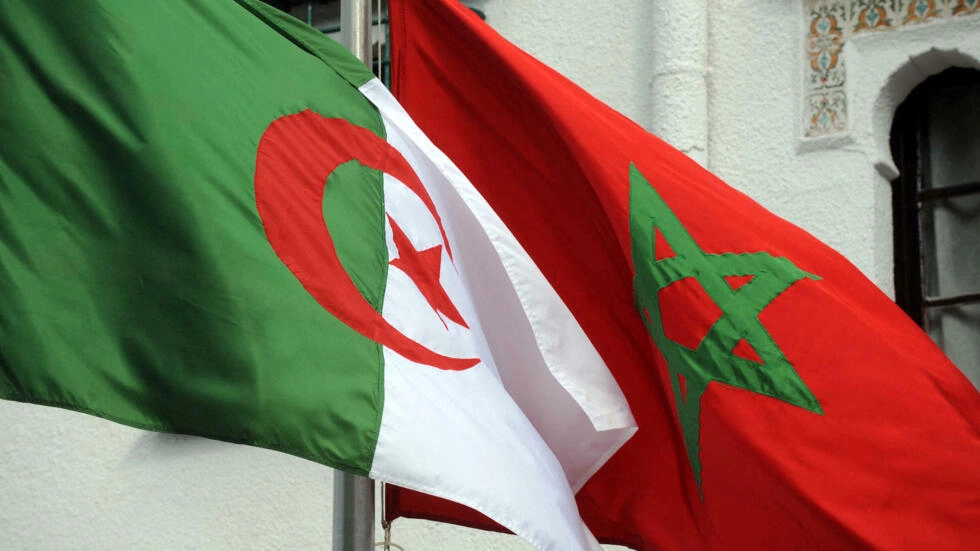Should Algeria be jubilant or worried about the current evolution of oil prices and the main raw materials on the international markets?
The price of a barrel of Brent, the country’s main source of foreign currency, is at its highest since 2012 (nearly 120 dollars this Thursday morning).
At the same time, those of wheat, of which Algeria is one of the biggest importers in the world, also soared, reaching levels not seen since 2008, the same year that saw oil record its highest level. historic at 147 dollars per barrel. The ton of wheat crossed the psychological bar of 350 dollars per ton.
There is obviously no direct correlation between the prices of the two products, except perhaps the inflation often generated by rising energy costs, but this time, as we know, they are both driven by the war which has been opposed since Thursday, February 24, two of the main producers and exporters of hydrocarbons for Russia and of cereals for the two countries.
The military operation launched by Russia in Ukraine on Thursday, February 24 ignited a market that had already been feverish for several months.
Russia is one of the major players in the energy and wheat market, Ukraine is a major player in the wheat market and a major producer of oilseeds.
Russia is the world’s largest exporter of gas and second of oil. It has also been the leading wheat exporter since 2016 with annual volumes of 35/40 million tonnes.
Ukraine is, depending on the year, fourth or fifth exporter of wheat with around 12% of the world market share. Half of the world’s sunflower seed needs also come from this country. In other words, it is the attic of part of the planet that is on fire.
With regard to energy, the repercussions for Algeria are naturally beneficial. After a long period (since 2014) of low prices, the country will be able to reconnect with a balanced budget and colossal public investments, notably through major infrastructure projects, and rebuild its cushion of foreign exchange reserves which has come close to 200 billion of dollars in the years of expensive oil.
Algeria is also a major wheat consumer with annual imports of between 5 and 8 million tonnes. It is obvious that the objective of reducing the food import bill (by more than 8 billion dollars) is moving away, especially since the outbreak does not spare any of the basic products that Algeria imports in quantity: cereals, oilseeds…
Above all, the rise in prices could not have come at a worse time, that is to say in the context of drought which has hit Algeria in recent years.
In 2021, the Algerian wheat harvest (soft and durum) fell sharply to 13 million quintals of soft and durum wheat against 39 million quintals last season
Diversified sources of supply
Mathematically, this situation will not wipe out the gains generated by the rise in oil and gas prices given the size of the volumes exported. With an average price of only 70 dollars per barrel, Algeria exported 2021 for 34 billion dollars of hydrocarbons.
In 2008, when the Brent barrel had reached the historical record of 147 dollars, exports from Algeria had exceeded 80 billion dollars.
Despite the tense context, the alarmist forecasts of certain foreign media, which evoke shortages, even famines, in certain large importing countries, are not likely to materialize, at least in the case of Algeria which has just acquired, according to our sources, more than 250,000 tons of wheat.
Algeria has more than 40 billion dollars in foreign exchange reserves. She, therefore, has the financial means to buy wheat, even at a high price.
Disruptions in supplies are to be expected depending on the evolution of the conflict in Ukraine, however, the diversification of suppliers, decided by the Algerian authorities could be an asset.
In 2020, the Cereals Office (OAIC) revised its specifications to tolerate bug wheat, which opened the door to the Algerian market to Russia in particular, which was able to place just over 300,000 tonnes in 2021. In addition to the European Union, which remains an important supplier to Algeria, shipments are purchased from Mexico, Canada, and even Australia.
Despite the drop in its shares last year, France has not given up on the Algerian market.
“Despite the recent attacks on French wheat, France has continued to sell to Algeria”, notes a French source familiar with the matter, highlighting ” the reliability of supply and the regularity of French production”.
Also, underlines the same source, “ the French government has never taken any measure aimed at slowing down or limiting the export of cereals of French origin ”.
However, the solution for Algeria is to encourage local wheat production to reduce the country’s heavy dependence on importers. The war in Ukraine must be considered as a warning signal to set up a real agricultural policy capable of ensuring Algeria’s food security.














